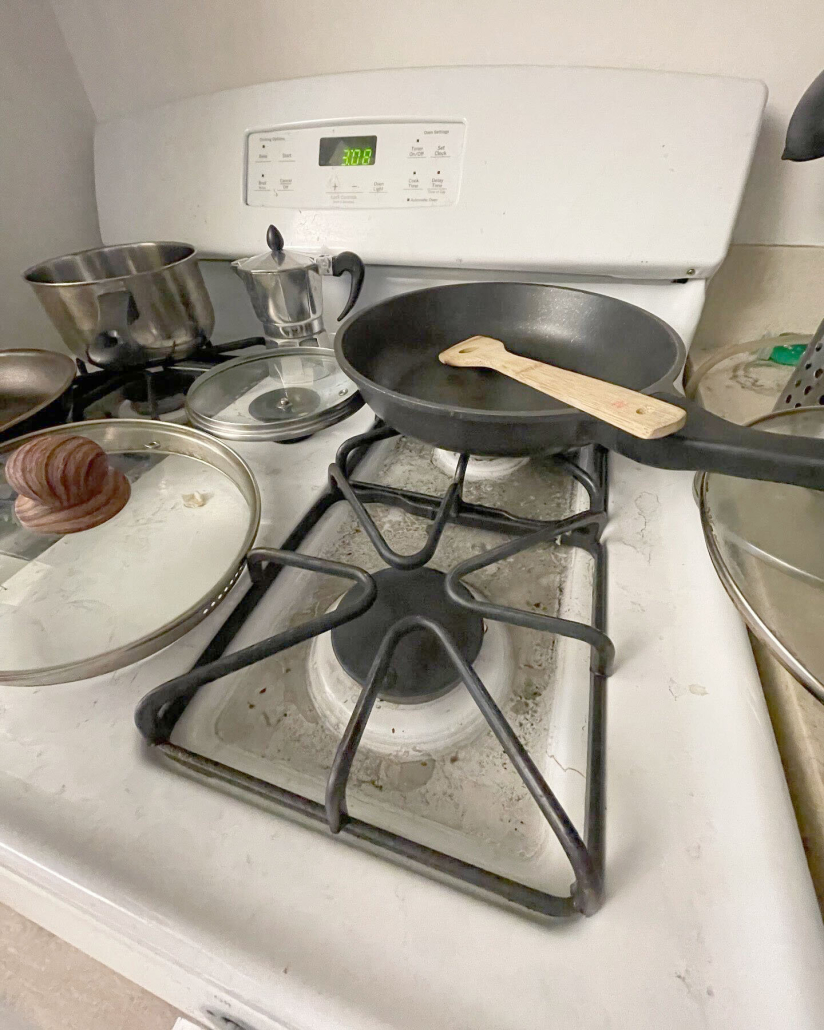Accidental fire relocates Nemirovsky residents

In the early hours of Sunday morning, an accidental fire on the fourth floor of Nemirovsky College in USC Village forced 12 residents out of their apartments for the rest of the semester after ash deposits and water from fire sprinklers damaged their personal belongings and furniture.
According to a statement from Steve Goldfarb, University director of fire safety, the fire started because of a “frayed computer charging cord” that set fire to a resident’s mattress during the night. It immediately set off alarms in the building and triggered fire sprinklers in the surrounding apartments. The residents directly involved in the incident declined to comment.
While firefighters responded to the crisis, many residents who had to evacuate slept at friends’ residences or were provided accommodations at the USC Hotel. When the Los Angeles Fire Department left the building, most residents were allowed to return, except for some apartments that required long-term fixes from the damage.
“It’s slightly frustrating to have to move out and move back in during the last month of school and during finals week, but it’s no one’s fault,” said resident Lea Boulbain, a sophomore majoring in design.
For some Nemirovsky residents, including Marianne Zhou, a sophomore majoring in mechanical engineering, the sound of the fire alarm did not immediately urge her to evacuate the building — false alarms had occurred nearly “once every month or other month” throughout the academic year.
“I was asleep when the fire alarm went off at 2 a.m., and at first I thought it was a normal alarm because we honestly get a lot of fire alarms set off in this dorm,” Zhou said. “I was just going to go back to sleep, but then my friend called me and she told me to leave because there was actually something going on.”
The apartment on the floor directly below the fire site suffered damage from ash deposits that went down through the vents and water from the fire sprinklers that flooded into the unit. The walls and carpets became wet, and ash could be found in the bathtub, inside stove burners and around residents belongings.
“The carpet was basically spitting out water when we walked,” said Nikita Kholay, a sophomore majoring in architecture.
USC Housing directly responded to affected residents’ concerns about their living situations by booking temporary rooms at the USC Hotel, compensating food for the next month and reimbursing other costs of damage. Zhou said USC Housing was helpful and responsive in the aftermath of the fire, providing dry cleaning and covering other miscellaneous costs the damage caused.
Those in the affected apartments have relocated to rooms in Troy Hall, Cardinal Gardens and Cowlings and Ilium Residential College for the rest of the semester, according to a statement from Director of USC Housing Chris Ponsiglione.

